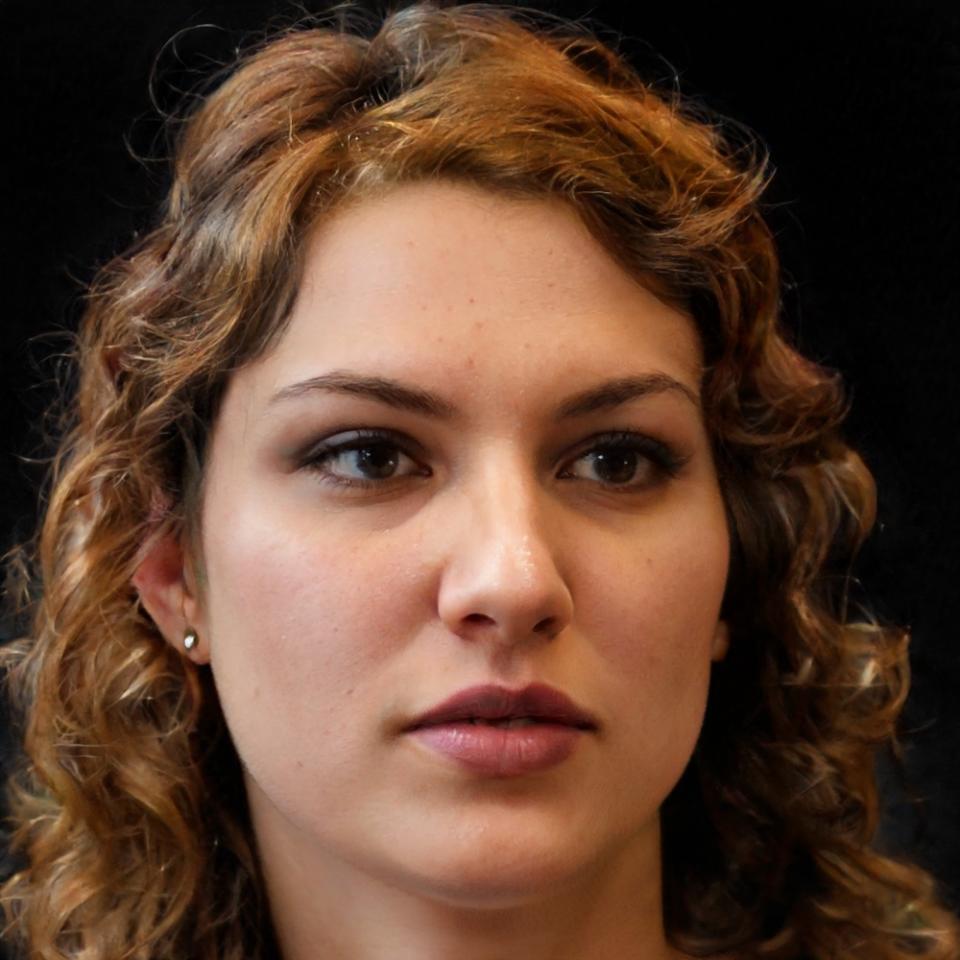Building Better Budget Habits
Rolling budgets aren't about strict rules or perfect spreadsheets. They're about creating a financial system that moves with your life instead of against it.
These are practical insights from working with hundreds of people in South Korea's dynamic economy over the past three years.

Start Where You Actually Are
Most people fail at budgeting because they design systems for an idealized version of themselves. Someone who never buys coffee out. Someone who meal-preps every Sunday. Someone who doesn't have unexpected car repairs.
That person doesn't exist. And building a budget for them guarantees you'll abandon it by March.
A rolling budget works because it accepts reality. Your income might change. Your expenses definitely will. The goal isn't perfection—it's having a system flexible enough to survive contact with real life.
Begin by tracking what actually happens for two months. Not what should happen. What does. You'll spot patterns you didn't know existed. Maybe you spend more in winter because of heating. Maybe every June brings unexpected costs because that's when your car registration is due.
These patterns aren't failures. They're information. And a rolling budget can absorb them.
Three Approaches That Actually Work
After years of teaching rolling budget methods, these are the strategies that stick. Pick one that matches how you think about money.
The Envelope Evolution
Remember envelope budgeting? This is the digital version that rolls forward. You set aside money for categories, but unused amounts carry over to next month instead of vanishing.
- Set realistic monthly targets for each category
- Let surplus roll into next period automatically
- Borrow from future months only with a plan to repay
- Review category sizes every quarter
This works especially well if you have irregular income. A good month can cushion three lean ones.
The Three-Month Window
Instead of planning month by month, you work with a rolling 90-day view. It smooths out the bumps and lets you see patterns you'd miss in a 30-day snapshot.
- Track spending in 90-day blocks
- Adjust based on the full quarter, not one bad week
- Plan for known irregular expenses
- Compare quarters year-over-year
People with seasonal work or businesses love this approach. It matches how their money actually flows.
The Priority Cascade
You rank your expenses by importance, then fund them in order each month. Anything left over cascades to savings or next month's must-haves.
- List all expenses by true priority
- Fund essentials first, every time
- Flexible spending gets what's left
- Surplus builds your buffer automatically
This is brutally simple. When money is tight, you know exactly what gets cut. When you have extra, you know where it goes.

"I tried four different budgeting apps before this. They all demanded I predict the future perfectly. The rolling approach actually let me learn from what happened instead of beating myself up for not being psychic. Six months in, I finally have money left at the end of the month instead of month left at the end of my money."
Hae-won Cho
Participant in Q3 2024 workshop series
Your Next Step Is Simpler Than You Think
You don't need fancy software or a finance degree. You need a method that fits how you actually live and think about money.
Our autumn 2025 program walks through building a rolling budget that works with your specific situation. We meet twice a month for three months, and you'll have a working system by the end—not a theoretical one, but something you're actually using.
Classes start in September 2025. Small groups only, because this works best when we can address your actual questions, not generic scenarios.
See Program Details